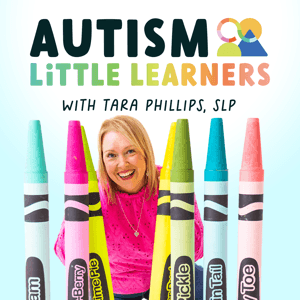
Sign up to save your podcasts
Or



By Jessica Cassity, M.S., CCC-SLP





4.8
113113 ratings



The podcast currently has 158 episodes available.










The podcast currently has 158 episodes available.

1,099 Listeners

14,972 Listeners

172 Listeners

9,243 Listeners

443 Listeners

129 Listeners

165,112 Listeners

130 Listeners

663 Listeners

236 Listeners

15,351 Listeners

20,663 Listeners

121 Listeners

13,690 Listeners

13,137 Listeners